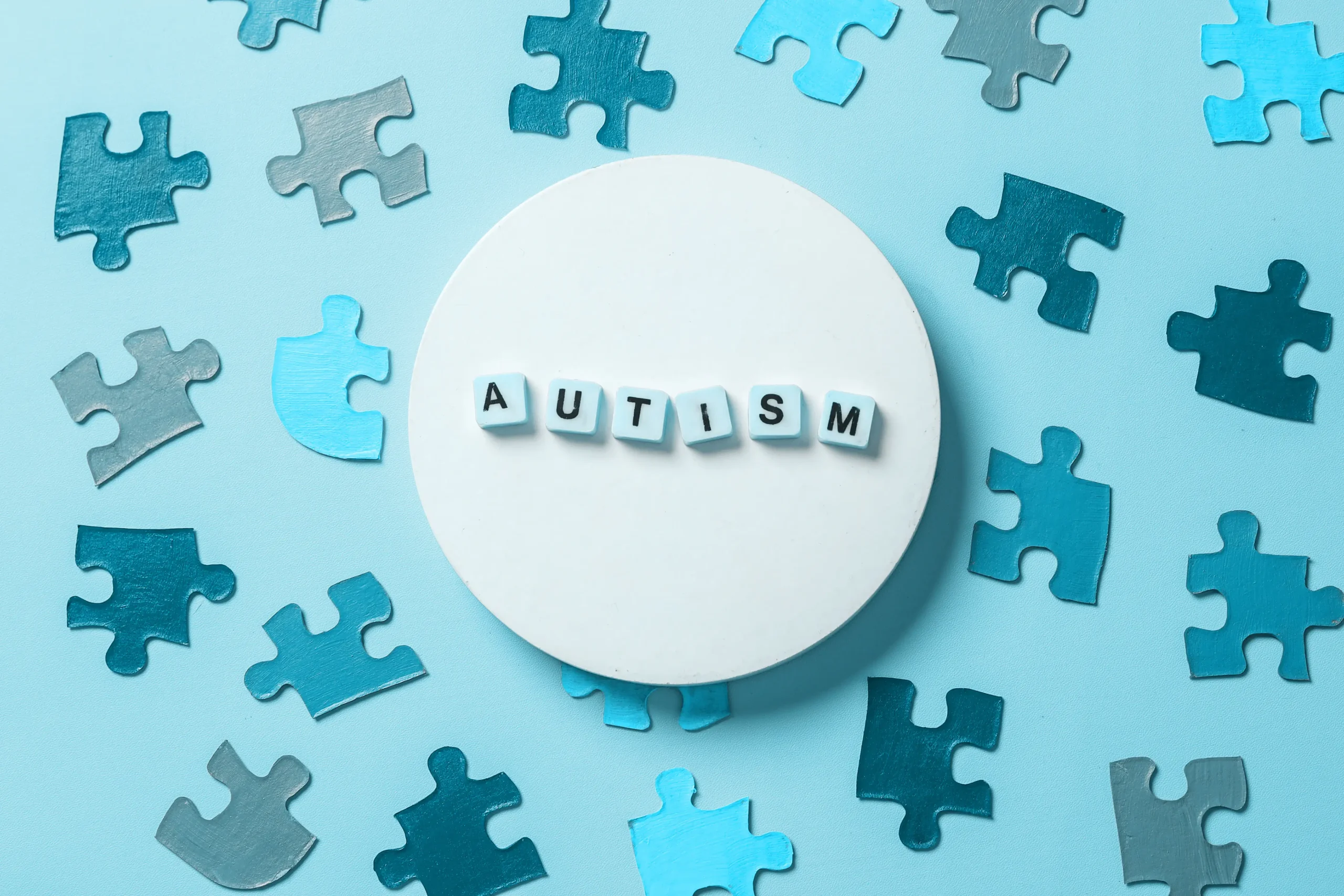Back-to-School: Help your Children to Cope with Stress
Whether it’s the first day of school or the first day of matric, the back-to-school scramble can be even more taxing for your children than it is for you. In our hyper-connected, hyper-speed, hyper-hyped society, both adults and children are increasingly prone to stressful situations that can knock out the body’s natural ability to repair and replenish, leaving us a little more worn down every day. The stress and anxiety-related conditions that have become a hallmark of the 21st Century are not new, although our modern society has exacerbated the problems. Mental anxiety and the inability to cope with stress, are affecting children as young as pre-school. Youngsters feel separation anxiety from their parents when they first spend significant amounts of time away from them, while older children feel enormous pressure to perform academically or to fit in so that they aren’t the target of bullying or ostracism. Let’s take a look at 7 things you can do in January to prepare your young loved ones for the year ahead.
1. BREATHE!
This may seem a little obvious, but there’s more to it than just what your body does as you live each day – this is about taking breathing from automatic (for survival) to conscious (for relaxation and healing). The simplest way to begin this process is through exercise. That’s why your doctor will recommend it, to get your heart rate up. Once the heart rate increases and you begin to breathe more deeply, so the circulatory system begins pumping more blood around the body and the cells become more oxygenated. This is one of the reasons why people feel better after exercise: aside from the release of endorphins, which make you feel happier, the extra oxygen running through the body makes you feel healthier. Proper deep breathing lowers the effects of the stress hormone cortisol, which reduces the toxicity of stress in your body and helps you to relax and heal. It also helps to boost your immune system and speeds up your body’s rate of recovery. Have a chat with a medical health practitioner about some breathing exercises you can start doing together with your children. Beyond exercise, start thinking about breath as the essence of life. Inculcate in your children the good habit of deep breathing, through breathing programmes like those linked to Yoga, Pilates or Tai Chi. Make them a fun family ritual, or make sure you’re out and about with the young ones on bikes, in the pool in summer, on hikes, or even dancing.
2. Practice “conscious relaxation”
Our society has convinced us that being idle is a sign of laziness or a lack of productivity – and yet 10,000 years of human development has proven that we actually NEED to down tools and put our feet up regularly. Take a moment to make these elements a part of most days, to unwind and release stress from the body:
- Have a period of “quiet time,” when you just stare into space and let your mind wander, and where you pay close attention to what your soul is telling you. This may be challenging for young children who are a bundle of energy, but over time they will develop the habit if you teach them to stick with it.
- Read a good book. This can be fiction, self-help, or something that you really enjoy. Reading clears the mind and focuses the body’s energy, lowering brain noise. If your loved ones are young, start them on a children’s book, and then upgrade as time progresses. Kindle and ebooks are fine, but a proper book is even better, to reduce exposure to electronic devices.
- Have dinner together as a family, away from the TV, phones and devices. Talk and communicate over dinner about how everyone is doing. If possible, ensure that each family member has one of their preferred meals a week. Make dinner a 45-minute, electronic-free, ritual 6 nights of the week.
3. Manage stress & burn-out
As improbable as it sounds, children today face enormous amounts of pressure, and are often burnt out. The competitive nature of the schooling system can bring out the worst in some young ones – from not being made a prefect to not getting straight As, to dealing with teenage pregnancy, drugs in schools, bullying and even gun violence. Suppressed emotions are most toxic to the human system, so it is important to foster and encourage open lines of communication with your children. You are their first port of call, so be aware of their challenges. You may not always understand or agree with what they are facing, but you have to show them respect and love, in order for them to heal and cope.
4. Monitor the school situation – be engaged and be involved in your children’s lives
School can be hugely challenging for children – the teachers are under pressure because they have a curriculum to get through, and classes can sometimes be too big. Other children who are battling with their own frustrations can end up taking these out on your children, and school bullying is a real issue. The most detrimental thing you can do is to drop them off at school in the morning (perhaps they make their own way to school) and act as if they are now the teacher’s problem, while you have a few hours of not having to worry about them. Have a chat with your doctor about good coping skills for your children. Teach them a certain level of independence and self-sufficiency, which will help them to have better skills when dealing with other children who are challenging (and the other children will also respect them more). Give them responsibilities and chores to complete – this will help them ride out the emotional waters of school more effectively and teach them valuable life lessons for adulthood. Above all, show them love and kindness. Be firm but fair, and let them know you care.
5. Spend time in nature
Even if you have limited means and you live in a big city, nature is all around you. Take a nice deep breath and smell the earth as it is raining – it is one of the most refreshing and satisfying smells, and it rejuvenates the body. If you live at the coast, take the young ones for a walk on the beach. Collect shells. Draw in the sand. If you’re in an inland city, there is bound to be a park nearby. Take the children and the dog for a walk, instead of everybody plopping down in front of the TV with cable channels or Internet TV and a packet of greasy (and expensive) take-aways. How about a picnic in the park? A family ball game? Marco Polo in the pool? A pyjama camp-out in the lounge with marshmallows on a Saturday night? Stargazing from your balcony? All of these will connect you to your children, and teach them to enjoy and appreciate the simple beauty of life.
6. Focus on your truest calling – and help your children to focus on theirs
Young people tend to model behaviour on their parents – and that’s because their parents are meant to be their heroes. Nothing toxifies the body more than not living your dream. Whatever that may be, for them and you, it is always important to live your purpose and be true to your most authentic self. Only you can decide what that is for you – but there is no greater expert on you, than you. Don’t be derailed by the outside opinions of others, and let your children decide for themselves what they want to do with their lives. Can their electives at school steer them in the right direction? Their subject choices should reflect what they believe they want to do in their careers. Encourage them to take part in music, drama and sport if they have a flair for these, and let them know they can be anything they put their minds to.
The lenmed Group is a world-class chain of Private Hospitals that brings quality healthcare to communities across Southern Africa.
For more information please contact:
Dr E Manga
Integrated Medical Practitioner
Tel: +27 (0) 82 330 6915
Email: [email protected] or [email protected]
Website: www.drelamanga.com
Disclaimer: Any information contained here is merely a guideline. Always visit your healthcare practitioner for any health-related advice or diagnosis.















